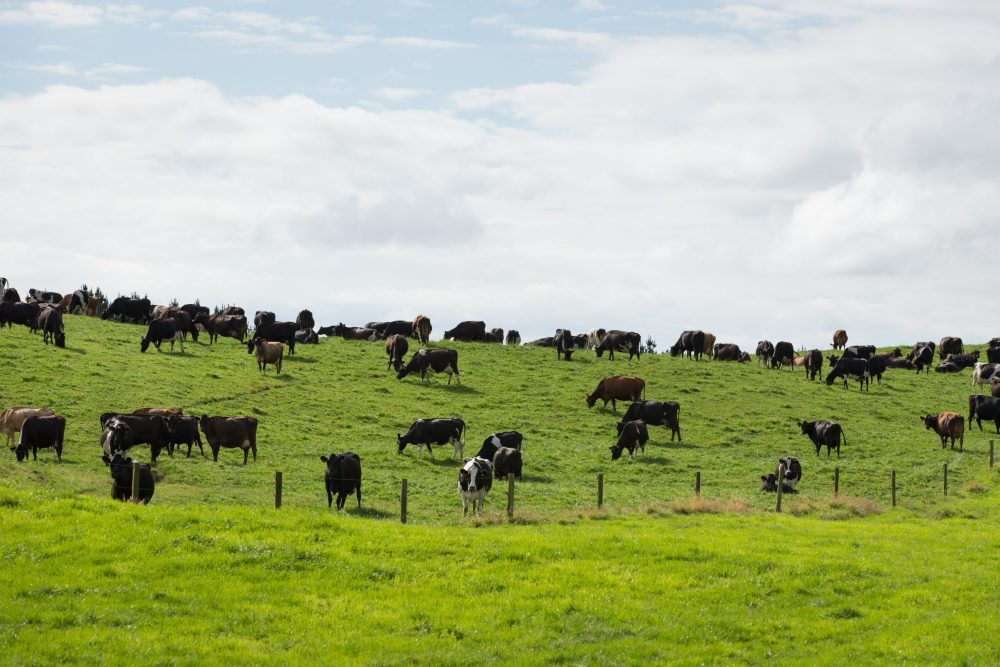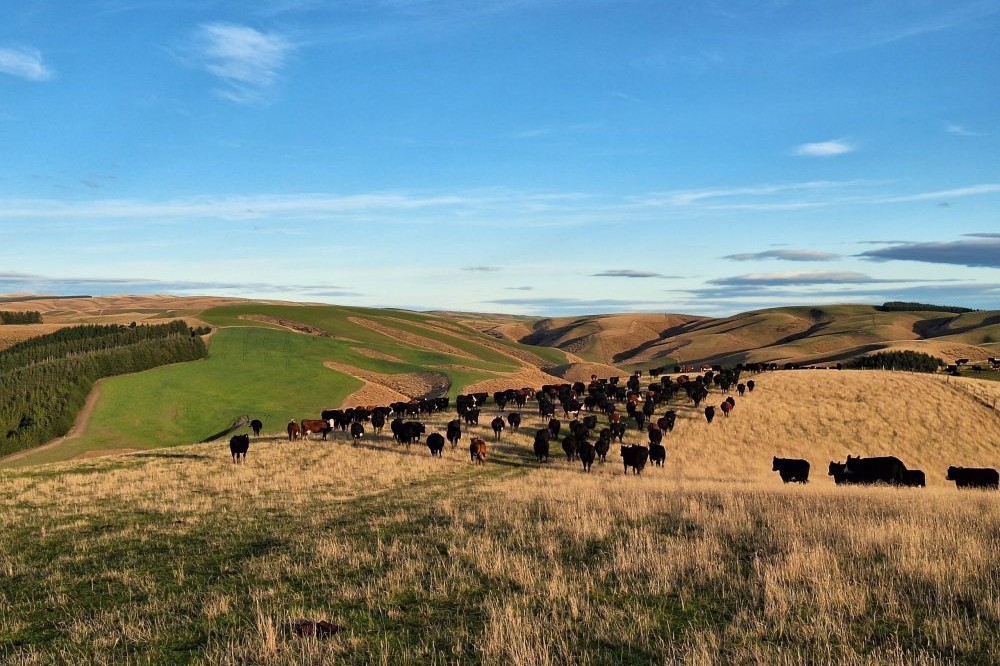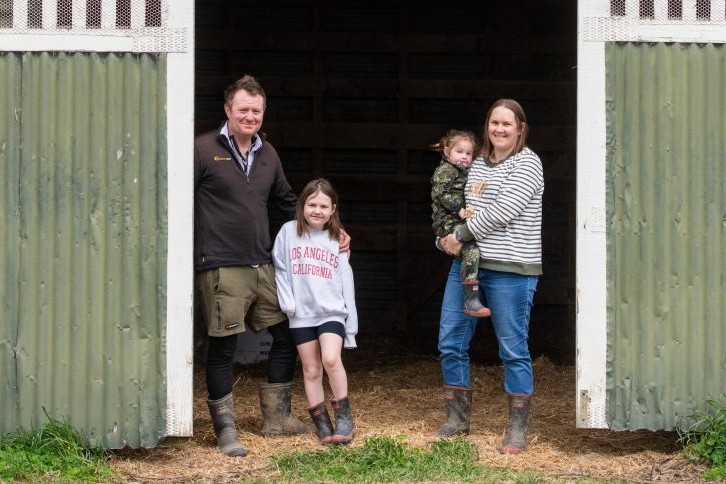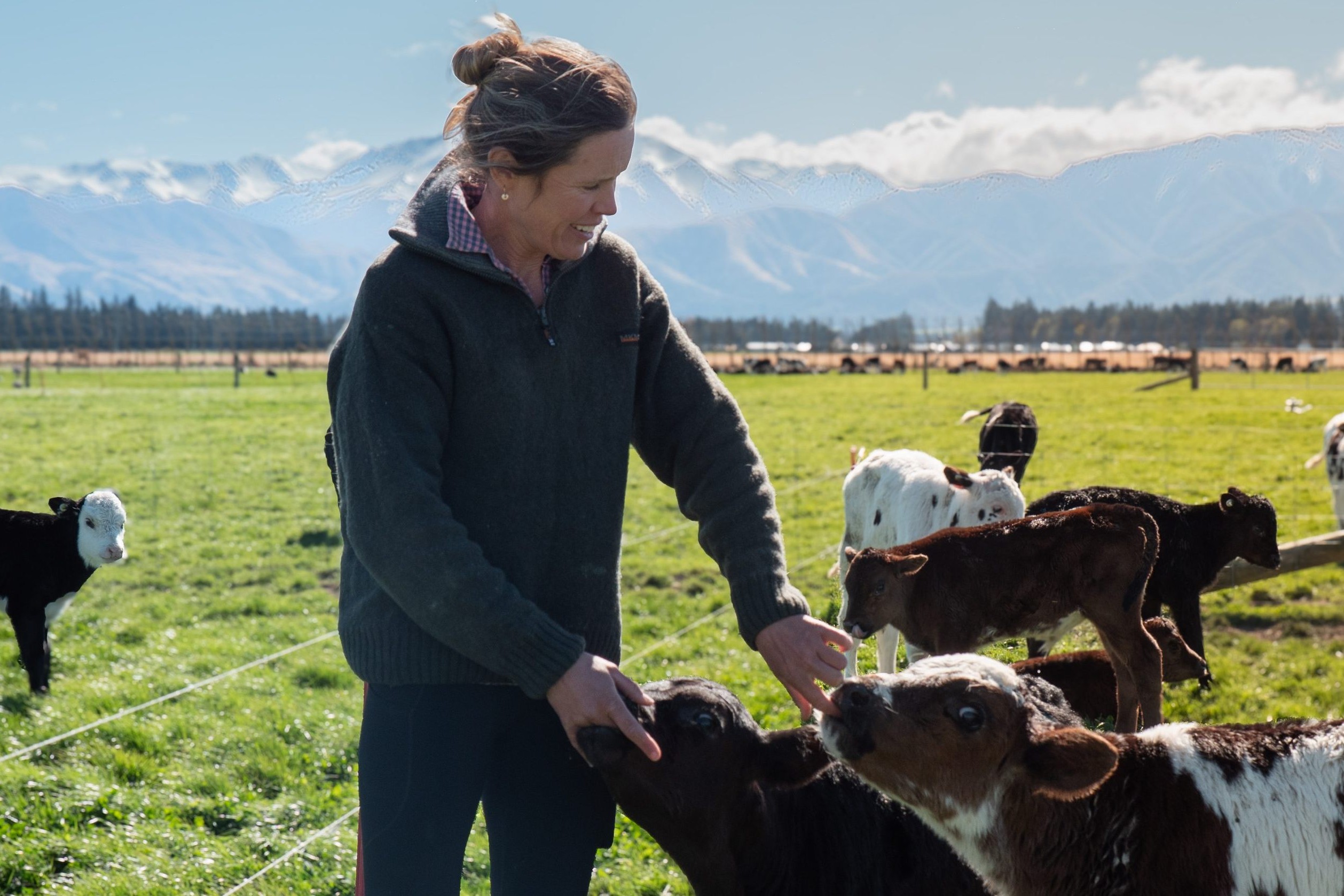BY: ELAINE FISHER
New Zealand is close to eliminating the disease Mycoplasma bovis from its dairy and drystock herds.
If it can, it will be the first country in the world to do so. Among those confident of that success is Ministry for Primary Industries’ (MPI) new chief biosecurity officer Stu Hutchings.
“We are towards the end phase limit of the disease and can now start the phase to prove freedom from it.”
Hutchings was chief executive of Kiwifruit Vine Health (KVH). He was also an independent director on the Mycoplasma bovis board.
As chief biosecurity officer, his tasks will include taking an overview of the work of the Biosecurity NZ directorates, which focus on import health standards pre-border, at the border at ports and airports, and post-border.
“One of the mandates for the new role is to look across the whole system to provide assurance that it is working well.”
Hutchings joined KVH three years ago from the role of group manager for OSPRI New Zealand and has had previous roles as acting chief executive there as well as at the Animal Health Board. A veterinarian by profession, he has also held roles within private vet practice and risk management product development for the NZ Veterinary Association.
Formed to take over the industry’s response to Psa-V in 2010, KVH has been at the forefront of government industry biosecurity collaboration, becoming the first to sign the government industry agreement in May 2014.
Hutchings grew up in Palmerston North and Wellington, returning to Palmerston North to study veterinary medicine at Massey University before working as a partner in a veterinary practice in Taupo.
It was there he became interested in population-based disease control.
He said rather than focusing on individual animals, it was thinking about the epidemiology of how a disease worked and spread across a population, I was understanding the risks to a whole group and working out how to address them.
Bovine TB outbreak led to role
At the time bovine tuberculous was a major issue among deer herds in the Taupo region, which helped spark his interest in the bigger picture and led to his role with OSPRI. The organisation is a partnership between primary industries and the government and manages two national programmes – NAIT and TBfree. NAIT provides the national animal identification and traceability system and TBfree aims to eradicate bovine TB from New Zealand.
That aim is drawing closer to reality but it’s been a hard-fought battle hampered by the fact that wildlife such as possums can transmit the disease.
“In the early days of the TB response whole herds were killed and we were constantly finding the disease.”
He said the emotional and financial strain on farmers was huge.
“Now numbers are so low, finding it in herds is rare.”
Biosecurity incursions carry a significant personal and financial cost for all those affected. “Pastoral care, making sure there is support for those directly affected is a crucial part of the whole process.”
Biosecurity NZ has turned its attention offshore to reduce the risk of incursions. Its work to keep out the brown marmorated stink bug has to date proved successful.
Hutchings said interceptions of the BMSB on shore last year were 50% down on the previous year because of the controls introduced in 30-plus overseas countries sending goods to NZ.
With the borders closed because of Covid-19 and fewer people entering, some of the risks from unwanted pests and diseases have reduced. However, goods and products are still arriving through mail, shipping and airfreight so Biosecurity NZ staff cannot relax their vigilance.
“But when it comes to biosecurity there is no such thing as zero risk and there will be incursions in future.”




